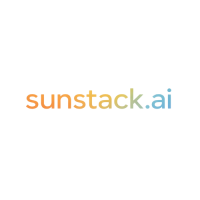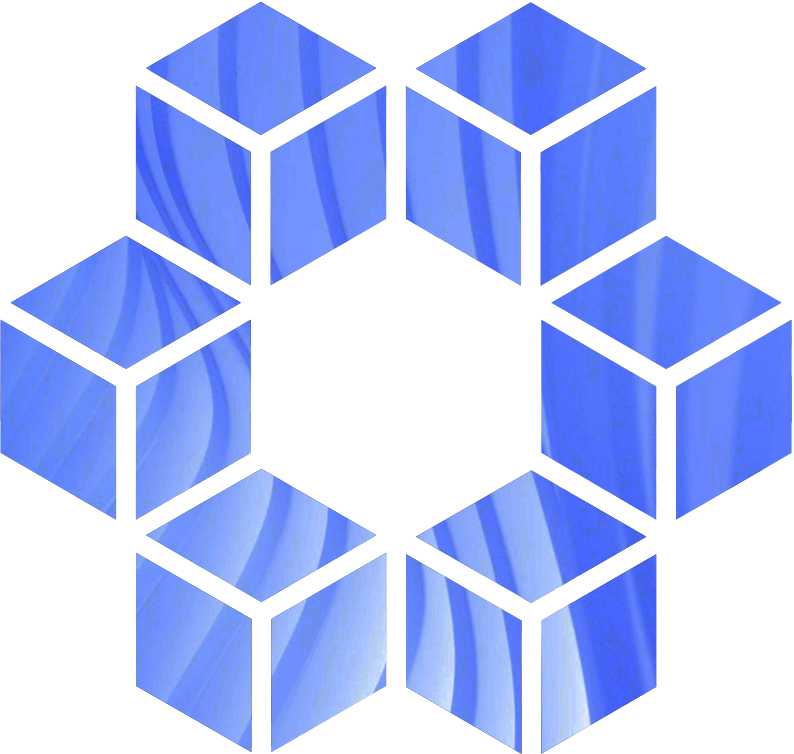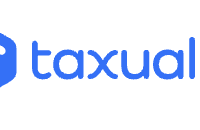
Sunstack.ai
Sunstack.ai is seeking a Systems Operator (GCP / Cloud Operations) to manage and improve our cloud infrastructure and deployment pipelines....
The demand for AI-powered developers is exploding.
Find your next vibe coding job and advance your AI-driven career.
Leading tech companies trust VibeCodeCareers for their AI-powered developer talent






Our community is built for builders who live and breathe AI-powered development. Stop posting on generic job boards. Connect with developers who actually match your vibe.
Post a Job
Sunstack.ai
Sunstack.ai is seeking a Systems Operator (GCP / Cloud Operations) to manage and improve our cloud infrastructure and deployment pipelines....

Taxually Kft
Taxually automates tax compliance for businesses worldwide. While our competitors focus on the last step of the journey (generating tax...

Timedrift
About the RoleBuild your game. As the creative lead and primary builder on a brand-new title, you’ll ship a complete,...

Sock Club
Sock Club is revolutionizing the world of branded merchandise through our custom promotional socks. As we scale our B2B marketing...

Mindrift
This opportunity is only for candidates currently residing in the specified country. Your location may affect eligibility and rates.Mindrift is...

Wise Pelican
Title: Head of Product EngineeringDepartment: ProductReports to: Chief Executive OfficerLocation: Scottsdale, ArizonaAbout Wise PelicanWise Pelican is hiring a Head of Product Engineering to help us reinvent...
Insights, tips, and stories for AI-native developers
Vibe coding isn't just changing how we build—it's creating entirely new career opportunities and transforming traditional roles.
Your deep understanding of software architecture and engineering principles becomes even more valuable in this AI era. Focus on system design, architectural solutions, architect scalable systems, and ensure code quality and security. Focus on high-level system design while AI handles routine coding tasks.
As AI accelerates the development process, your design expertise becomes crucial. Shape user experiences, ensure visual consistency, and bridge the gap between AI capabilities and human-centered design. Create design systems that work harmoniously with AI-generated code.
Guide teams through the transformation to AI-assisted development. Your skills in coordination, strategy, and product thinking help organizations effectively integrate AI tools into their workflow. Focus on outcomes and user value while AI handles implementation details.
Your role evolves to focus on validating AI-generated code, ensuring security compliance, and establishing quality standards. Develop new testing strategies for AI-assisted development and protect against unique security challenges in AI-generated applications.
The rise of AI-powered development is creating new roles that blend traditional engineering with creative and product skills. Discover where your skills fit in the future of software development.
Build products using modern AI-powered development tools like Cursor, WindSurf, Bolt.new, and Lazy AI. Focus on rapid prototyping, AI integration, and creating intuitive user experiences.
Blend design thinking with technical expertise using tools like Lovable and Bolt.new to create visually stunning, AI-enhanced applications. Work with cutting-edge tools to push the boundaries of digital experiences.
Lead end-to-end product development using AI capabilities. Use tools like WindSurf and Lazy AI to combine technical skills with product thinking and ship features autonomously.
Design and implement AI-powered systems that scale using platforms like Cursor and Bolt.new. Focus on infrastructure, performance, and creating robust development environments.
Everything you need to know about vibe coding and AI-powered development careers.
Vibe coding is a modern approach to software development that leverages AI-powered tools like Cursor, WindSurf, Bolt.new, and Lazy AI to accelerate the development process. Instead of writing every line of code manually, vibe coders use natural language prompts and AI assistance to generate, refactor, and optimize code. This shifts the developer's role from typing syntax to architecting solutions, designing systems, and ensuring quality. Traditional coding focuses on manual implementation, while vibe coding emphasizes strategic thinking, prompt engineering, and rapid iteration.
Vibe coding is for developers at ALL skill levels—in fact, the more you know, the better you'll be at it. Elite engineers like Andrej Karpathy (former Tesla AI Director and OpenAI founding member) and Steve Yegge (legendary programmer from Amazon and Google) are vocal advocates of AI-powered development. Their deep technical expertise makes them even more effective with these tools. Experienced developers leverage vibe coding to focus on high-level architecture, complex problem-solving, and system design while AI handles boilerplate and routine tasks. Your engineering knowledge becomes the multiplier that makes AI tools truly powerful.
While AI tools lower the barrier to entry, having programming fundamentals gives you a significant advantage. You should understand basic concepts like variables, functions, loops, and data structures. This knowledge helps you write better prompts, debug issues, and understand the AI-generated code. However, you don't need to be an expert to start. Many successful vibe coders begin with basic HTML/CSS/JavaScript knowledge and learn as they build. The key skills are problem-solving, clear communication with AI, and understanding software architecture concepts.
The top AI coding tools in 2025 include: Cursor (AI-powered code editor with context-aware suggestions), WindSurf (collaborative AI development environment), Bolt.new (rapid prototyping for web apps), Lovable (design-to-code AI platform), and Lazy AI (automated workflow builder). Each tool has strengths: Cursor excels at iterative development, WindSurf is great for team collaboration, Bolt.new specializes in quick MVPs, Lovable bridges design and development, and Lazy AI automates repetitive tasks. Most vibe coders use a combination of tools depending on the project requirements.
Vibe coding isn't replacing developers—it's evolving the role. AI tools handle repetitive coding tasks, but humans are still essential for system architecture, business logic, security decisions, code review, and creative problem-solving. The demand for developers is actually increasing because AI makes it possible to build more ambitious projects faster. The shift is from "code typist" to "software architect and strategist." Developers who embrace AI tools are becoming more productive and valuable, while those who resist may find themselves left behind. It's not humans vs. AI—it's humans with AI vs. humans without AI.
AI-first developers command competitive salaries, often exceeding traditional developer rates due to their efficiency and versatility. Entry-level vibe coders with 1-2 years experience typically earn $70,000-$100,000. Mid-level developers with AI proficiency earn $100,000-$150,000. Senior AI-first developers and product engineers can earn $150,000-$250,000+, especially at tech companies and startups. Freelance vibe coders often charge $100-$300/hour due to their ability to deliver faster. The key advantage is productivity—you can build in days what traditionally took weeks, making you extremely valuable to employers and clients.
Focus on TypeScript/JavaScript for web development (most in-demand), Python for AI/ML integration and backend work, and modern frameworks like React, Next.js, and Node.js. HTML/CSS fundamentals are essential. However, vibe coding also requires "soft" technical skills: prompt engineering (communicating effectively with AI), system design thinking, API integration, and debugging AI-generated code. The languages matter less than your ability to architect solutions and guide AI tools effectively. Many successful vibe coders are polyglots who work across multiple languages, leveraging AI to handle syntax differences.
For experienced developers, the transition can happen in weeks. You'll spend time learning tool-specific features, developing prompt engineering skills, and adapting your workflow. For beginners with basic coding knowledge, expect 3-6 months to become proficient, including learning fundamentals and AI tool mastery. The key is hands-on practice: build real projects, experiment with different AI tools, and learn from the community. Start with simple projects and gradually increase complexity. Many developers report 2-5x productivity increases within the first month of consistent practice.
Yes! The demand is exploding. Startups and tech companies are actively seeking developers who can leverage AI tools to build faster. Job titles include "AI-First Developer," "Product Engineer," "Full Stack AI Developer," and "Creative Technologist." Companies value the 10x productivity gains and faster time-to-market. Even traditional enterprises are hiring developers with AI proficiency to modernize their development processes. The trend is accelerating—early adopters of vibe coding have a significant competitive advantage in the job market. Browse our job listings to see hundreds of opportunities specifically for AI-powered developers.